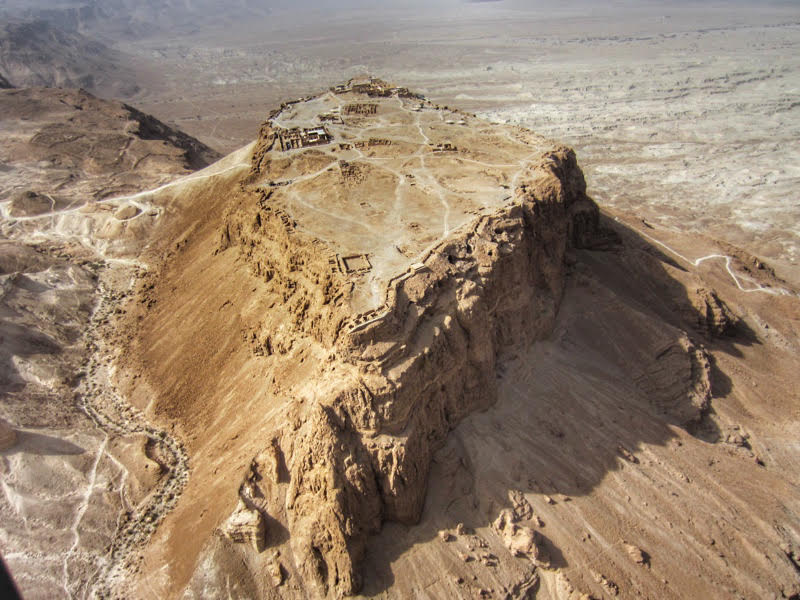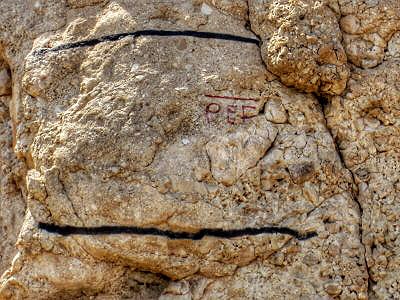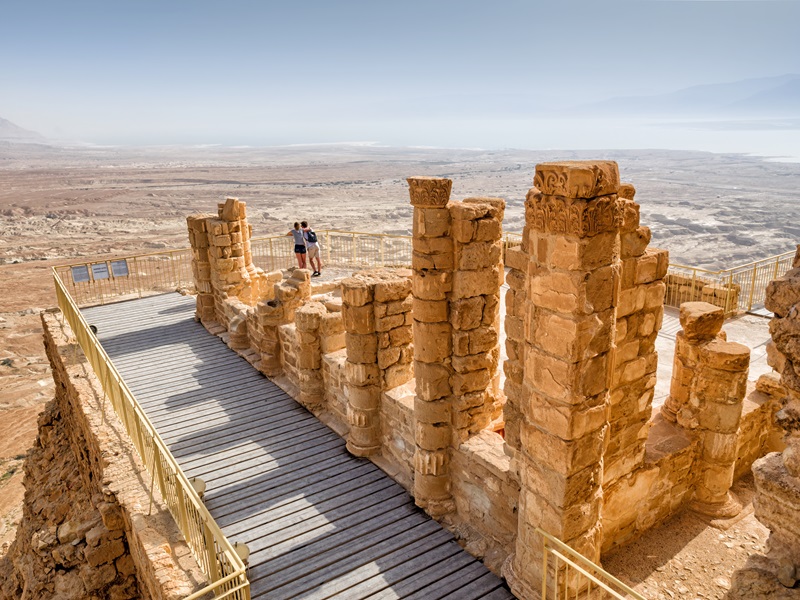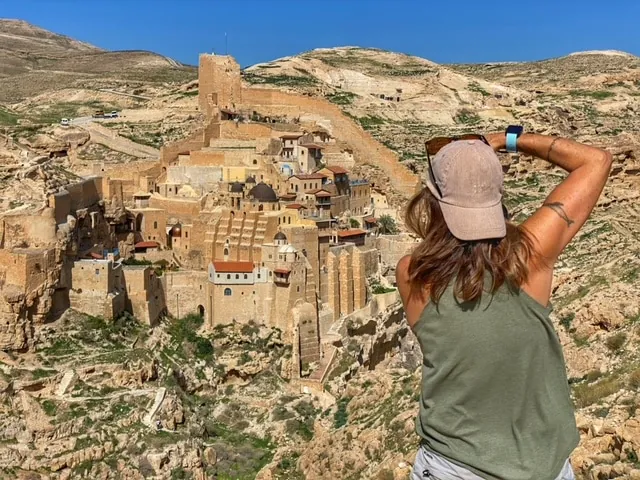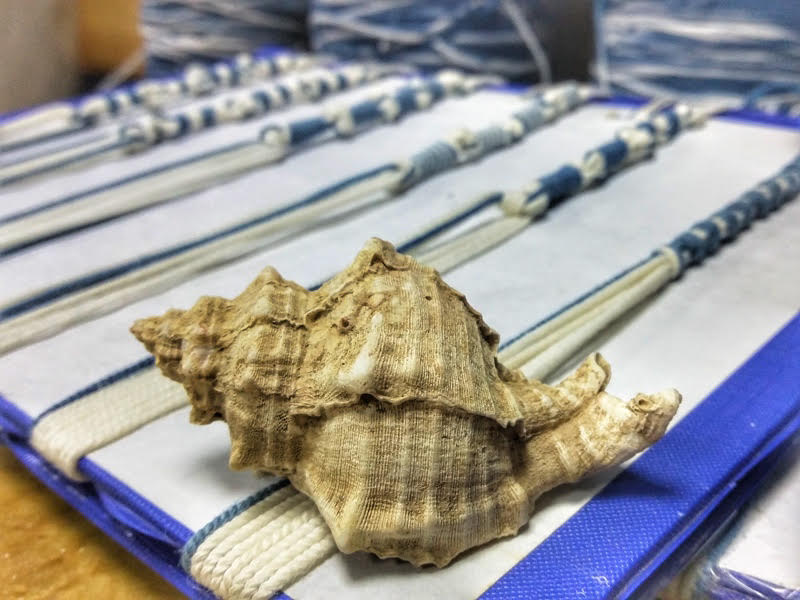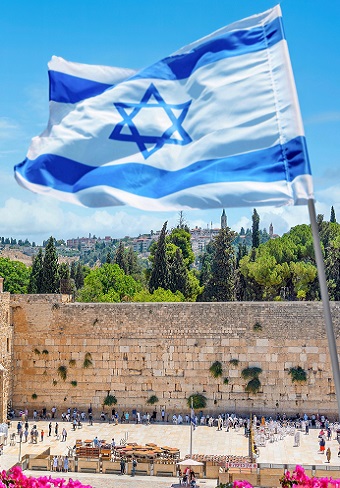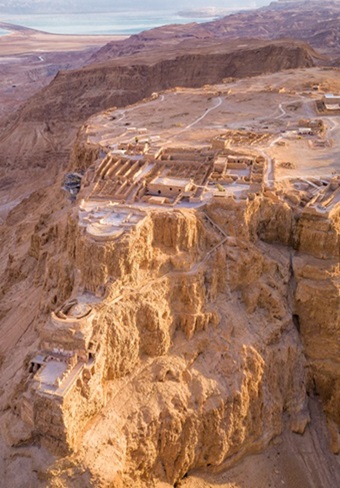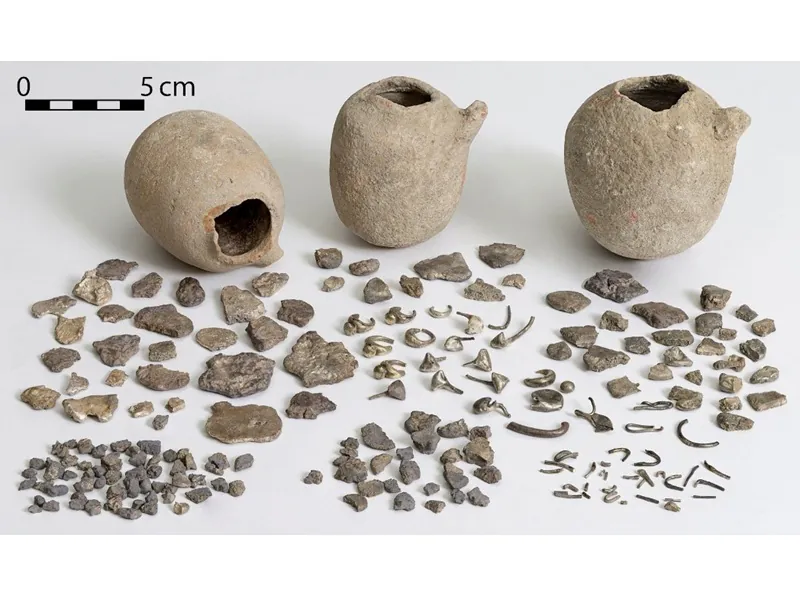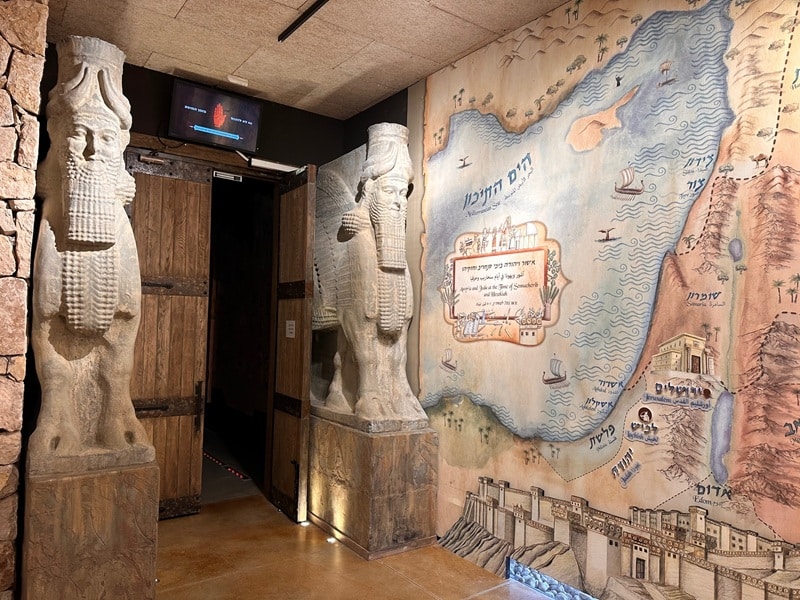Covid-19 Cases Relieved by the Ancient Scent of Jericho
About two thousand years ago, the oasis of Jericho and Ein-Gedi were known for a very valuable specific agricultural produce. Its name was Opobalsmon, or in short – balsam. It was a shrub that would grow only in extreme heat conditions and produced a fragrant oil that was in very high demand. It was used as a perfume, as a medicine, and in rituals, as burnt incense. It was in such high demand that it was equal in its weight to gold. One testimony to its great value is the fact that Cleopatra, Queen of Egypt, persuaded the Roman general Mark Anthony to hand her over Herod’s Balsam groves in Jericho. However, Herod was willing to rent it back, so he will continue to control its lucrative production (Wars 1 18 4-5). Later, during the Romans suppressed the Great Jewish Revolt (66-70 CE), the Jews of Ein-Gedi attempted to uproot their Balsam groves. They didn’t want the Romans, headed to Ein Gedi to benefit from this crop. However, the Romans killed the rebels, and forced the remaining community to continue producing the balsam, under Roman control. In return the Sicarii, who captured nearby Masada, raided on Ein-Gedi, and killed all its remaining 700 inhabitants (Wars 4 7 2). Apparently, the Balsam production did continue in the following centuries, and up to the Muslim conquest of the Land. Eventually even its botanical identity was lost.
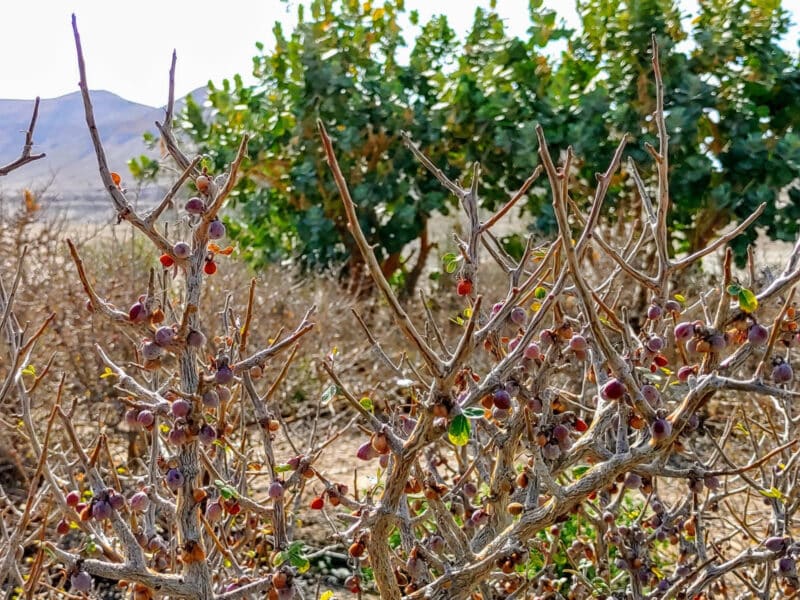
Opobalsamon Reintroduced
Modern research suggests that the ancient opobalsamon was produced from a bush called Commiphora Gileadensis which can be found in Arabia and East Africa. It does yield an interesting and pleasant odor, but could it create such a high demand in our time? At least one person hopes so, as he devoted himself to reintroduce the production of Balsam in the vicinity of Jericho. His name is Guy Erlich, a Jew from Jerusalem. in 2008 he moved with his family to Kibbutz Almog, 3 miles south of Jericho, and planted a 1 acre of commiphora Gilaedensis. In the first years the bush produced and interesting scent, but not particularly appealing. A reminiscent of mint eucalyptus flavor. However nowadays, as the shrubs are mature, the scent is strong, refreshing and very exotic. Ehrlich is now selling it, for a nice profit, to an essential oil marketing company. But the fragrance industry are not the only ones interested in his scented oil. Religious Jews have also approached him, asking if he could also grow the plants that produced frankincense and myrrh. Their goal is to recreate Biblical concoct of 11 spices that used in the Jewish Temple some 2,000 years ago. Erlich complied, and now he grows and produced Frankincense and myrrh as well.
But Erlich’s main interest remains in the ancient balsam, and he is hoping that the aromatic oil can also prove to of medicinal value. And indeed, last year, in the midst of the pandemic, along with a friend, Erlich concocted a blend of olive oil, balsam, and frankincense. He offered people infected by COVID-19 to try it. And indeed, infected people reported that it eased their condition, and especially their breathing! Social media made this discovery viral, and now the demand for his medicinal oil is on the rise. As of February 2021, Erlich still sells his mixed scented oil only at his farm, but at an affordable price of 50 NIS. Every day, people drive from all over the country to purchase the miraculous remedy and thank him. Comparing this to the Jewish Hannukah holy day, Erlichs like to call his discovery “the miracle of the jug of oil.”
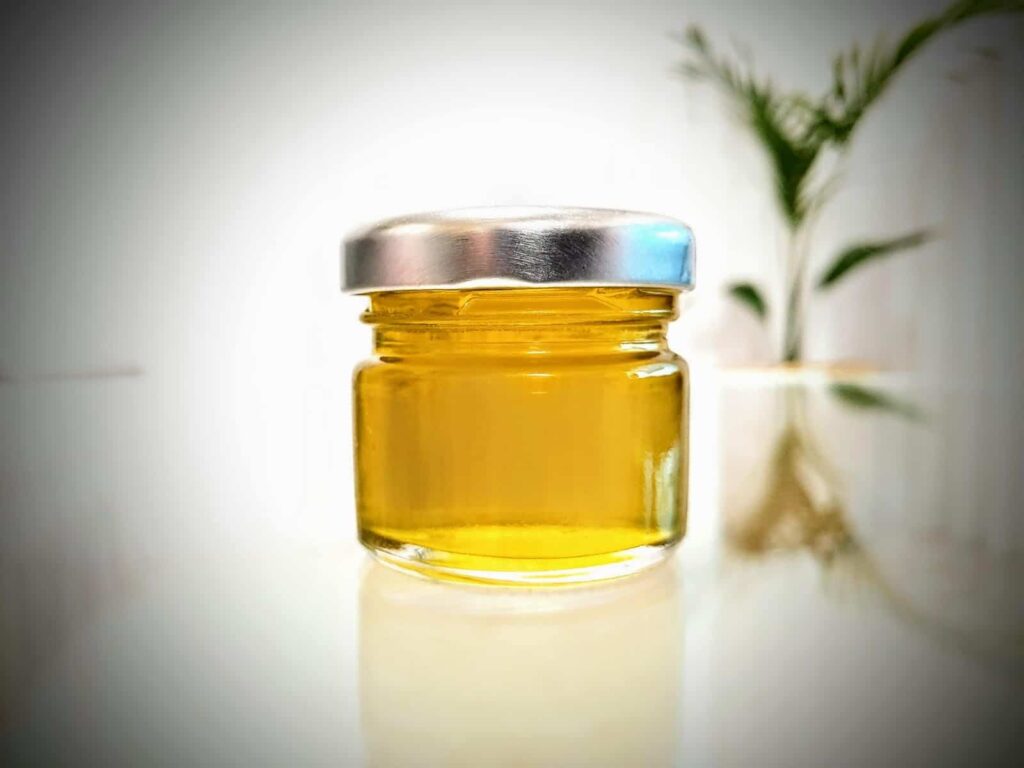
A tour to Erlich’s farm and other sites in the area can be combined in a day tour of the Dead Sea.
